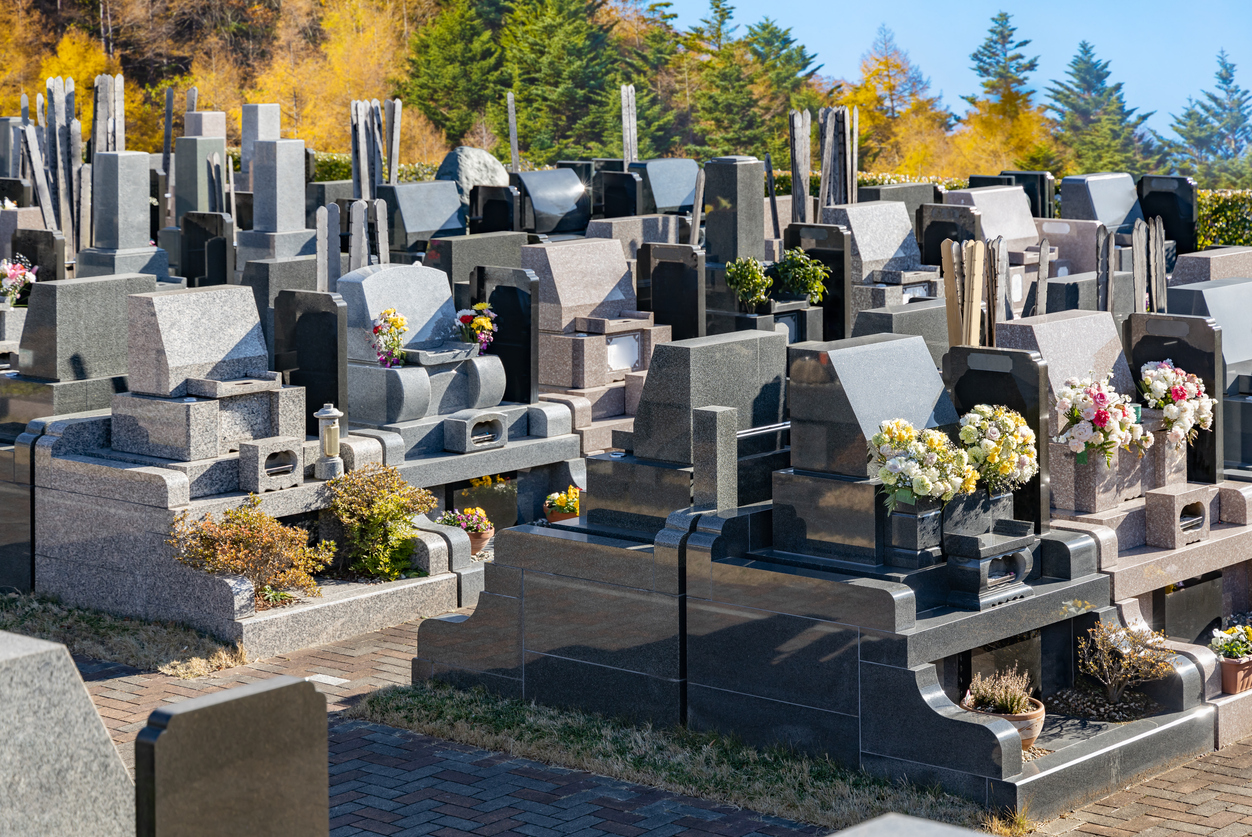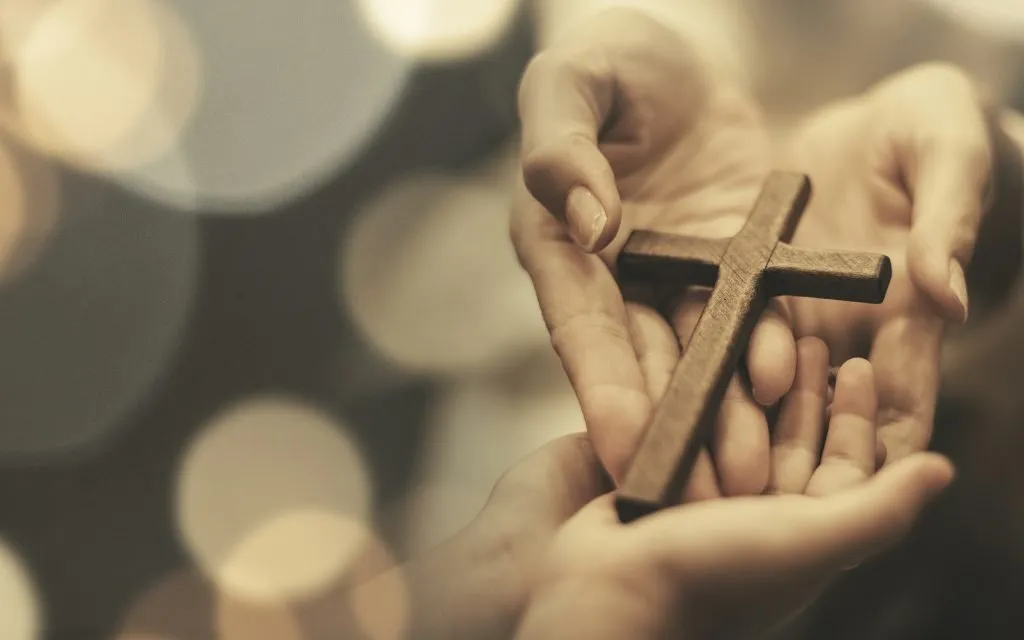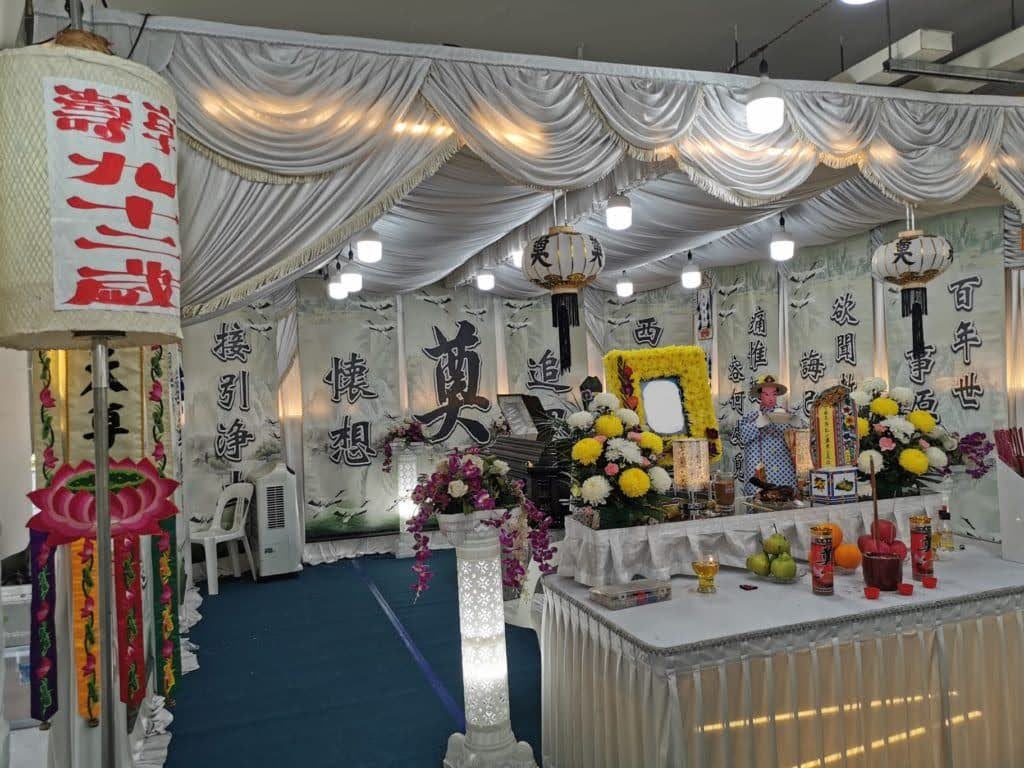Funerals serve as a final tribute to the deceased and offer comfort to the grieving. However, the customs and rituals observed during these ceremonies can differ significantly depending on the religious tradition. While both Christian and Catholic funerals are rooted in the Christian faith, there are distinct differences in the structure, practices, and beliefs. In this article, we explore the key distinctions between a Christian and a Catholic funeral.
1. Religious Structure and Service Format
One of the most noticeable differences between Christian funerals and Catholic funerals is the structure and format of the service.
Christian Funerals: These vary widely depending on the denomination, such as Protestant, Evangelical, or Anglican. Christian funerals typically center around honoring the life of the deceased and celebrating their faith in Jesus Christ. The service is often flexible, allowing for personalization with eulogies, scripture readings, hymns, and prayers chosen by the family or the deceased’s faith tradition. The tone is generally one of comfort, focused on eternal life through faith.
Catholic Funerals: Catholic funerals, on the other hand, follow a more formal and traditional structure. They are generally divided into three parts: the Vigil (or wake), the Funeral Mass, and the Committal. The Funeral Mass is central to Catholic tradition, often called the Requiem Mass, and follows the specific rituals of the Catholic Church. Prayers, scripture readings, and the celebration of the Eucharist (Holy Communion) are key components of this service, reflecting the Church’s belief in praying for the soul of the deceased.
2. Belief in Purgatory
Another significant difference between Catholic and other Christian funerals is the Catholic doctrine of purgatory.
Christian Funerals: Most Protestant and Evangelical denominations do not include the concept of purgatory in their theology. They believe that upon death, the souls of believers go directly to heaven to be with Christ, based on their faith. The funeral service reflects this belief, emphasizing salvation through Jesus and the assurance of eternal life in heaven.
Catholic Funerals: In Catholicism, purgatory is a core belief. Catholics believe that the souls of the departed may need to undergo purification in purgatory before they can enter heaven. The Funeral Mass includes prayers for the deceased, asking God to grant mercy and help their soul in the afterlife. This belief underscores the importance of the Mass and the prayers offered during the Catholic funeral.
3. The Eucharist (Holy Communion)
The role of the Eucharist, or Holy Communion, is another major point of distinction.
Christian Funerals: In many Christian denominations, Communion may or may not be included in the funeral service. When it is, the rules around participation are generally more flexible, and attendees from various Christian backgrounds may be invited to partake.
Catholic Funerals: The Eucharist is central to a Catholic Funeral Mass. However, it is typically reserved for practicing Catholics who are in a state of grace, meaning they have recently confessed their sins. The Eucharist is considered the literal body and blood of Christ in Catholic theology, and receiving it is an important ritual in the Mass.
4. Role of Clergy
Christian Funerals: A Christian funeral may be led by a pastor, minister, or reverend, depending on the denomination. These leaders may offer personalized eulogies, prayers, and scripture readings, often with input from the family. There is generally more flexibility in the content and format of the service.
Catholic Funerals: Catholic funerals are led by a Catholic priest, and the structure of the service is more formalized. The priest recites specific prayers, often aided by other clergy or laypeople, and the service includes traditional Catholic rituals like the use of incense, holy water, and blessings.
5. Funeral Rites and Rituals
The rites performed during the service also differ between Christian and Catholic funerals.
Christian Funerals: These services tend to be less formal and can be tailored to the family’s wishes. The order of service, choice of music, and readings can vary widely. The funeral may include speeches from loved ones, a slideshow of memories, or personalized elements.
Catholic Funerals: Catholic funerals are marked by a strict set of rituals, including the use of symbols like the Paschal candle (representing Christ as the light of the world), the sprinkling of holy water (symbolizing baptism), and the use of incense to honor the deceased’s soul. These elements reflect the long-standing traditions of the Catholic Church. The prayers recited are often standard, such as the Hail Mary and the Our Father.
Conclusion
While both Christian and Catholic funerals share a common foundation in the belief of eternal life through faith in Jesus Christ, their differences are rooted in theological nuances and liturgical traditions. Catholic funerals are more structured and incorporate rituals like the Eucharist and prayers for the soul in purgatory. Christian funerals, particularly those in Protestant denominations, tend to be more flexible, with a focus on celebrating the deceased’s life and faith. Understanding these differences can help families plan a service that aligns with their faith traditions and honors the wishes of their loved ones.
If you’ve recently lost a loved one and need assistance with funeral arrangements, it’s essential to work with a dependable funeral provider. At Memorial Funeral, we provide trusted services for both Christian and Catholic funerals. Our affordable packages are tailored to help you respectfully and honorably organize and perform your loved one’s final rites.
You may reach out to us at +65 8866 3326, WhatsApp Us, or Contact us via our Contact Us Page.









